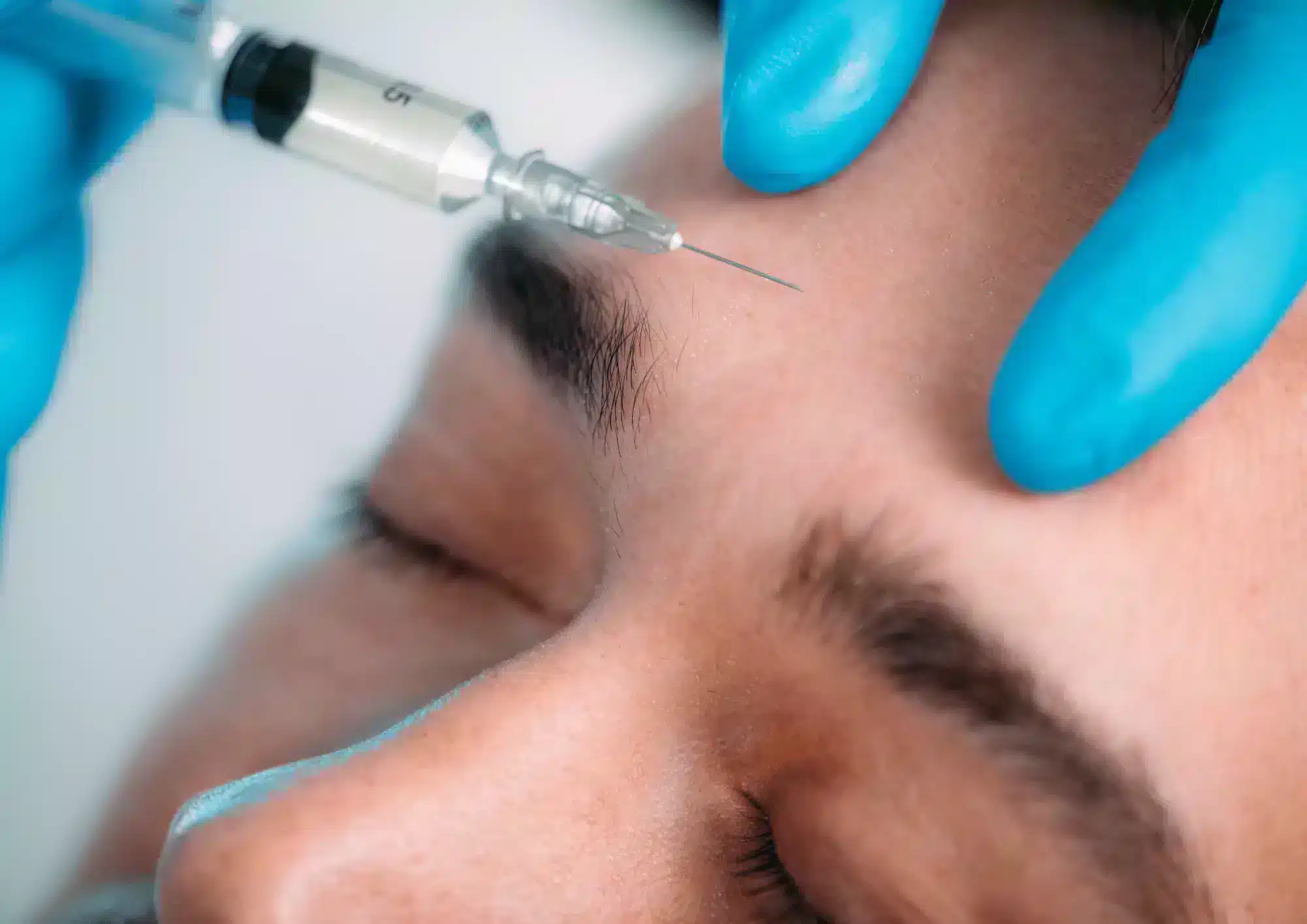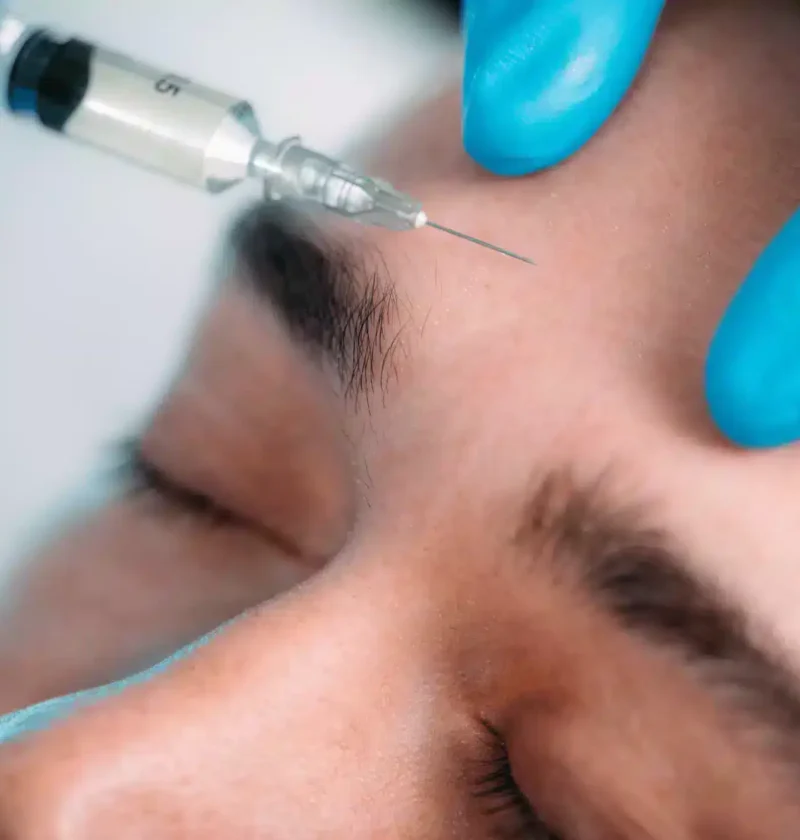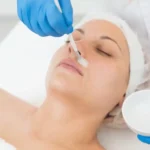
Injectable silicone is a liquid substance that has been used for more than 5 decades as a permanent filler to treat wrinkles and augment various parts of the body, including the buttocks and lips. Injectable silicone is harmful, as it can block the blood vessels and can result in serious illness—or even death.
• They may be counterfeit, contaminated, or dangerous
If you buy silicone on the Internet, it is most likely non-medical grade silicone (i.e. silicone that may have come from a hardware store) and is not sterile. Such silicone causes more health complications than medical grade silicone.
In worst case scenarios, silicone bought on the Internet may actually be mineral oil, baby oil, tire sealant, and in certain cases, cement. Only licensed doctors can purchase silicone fillers or any other type of medical implant.
• They are particularly harmful when used by unlicensed professionals
Reports of people hosting “pumping parties” where non-licensed doctors are using large amounts of silicone are a concern. These practitioners are more likely to use non-medical grade silicone bought from a hardware store to cut down on their costs and increase their profits, and they are often not experienced with human anatomy. This may cause them to inject silicone into blood vessels. This can result in heart attacks, strokes, blindness, loss of motor function, and even death.
• They may cause health consequences several years after treatment
If you use silicone injectables, you may not experience health consequences right away: they may develop several years later. For instance, women who have silicone injections for breast augmentation don’t typically experience complications right away; they tend to develop them years after the injection.
• They may cause health consequences that are very hard to treat
If you do develop complications after having silicone injections, you may need many surgical and medical procedures to treat your symptoms. Even then, your symptoms may still persist, and require ongoing treatment.
• They may lead to difficulties finding a specialist to treat potential complications
If you have silicone injections and suffer complications, you will find it hard to get a plastic surgeon to treat you. This is because many of them don’t know how to rectify these complications, or don’t want to inherit the responsibility from another practitioner.
Are there any safe cosmetic fillers?
There are many options available for those looking to enhance their features or to reverse signs of aging.
• Dermal Fillers: These are substances that help reduce wrinkles and restore volume and fullness to your face. Dermal fillers are made of different substances, including hyaluronic acid, calcium hydroxylapatite, and poly-L-lactic acid. Dermal fillers can help you plump up your lips, soften lines and wrinkles, reduce the appearance of scars, and enhance the contours of your cheeks.
• Botox: This is an injectable neuromodulator that is used to treat frown lines, forehead lines, and crow’s feet. It works by preventing your facial muscles from contracting, resulting in fewer lines and wrinkles.
• Autologous Fat Transfers: This involves removing fat from 1 part of your body and transferring it to another. This procedure can be used to enhance your breasts, buttocks, hands, or face.
As evidenced above, silicone injectables can be extremely dangerous. There are a number of reasons you should stop using silicone injectables, including the potential health complications several years after treatment, difficult-to-treat health complications, and difficulties finding a specialist to treat you. There are alternative safe cosmetic fillers on the market including dermal fillers, Botox, and autologous fat transfers. Although many doctors still use silicone injectables for soft-tissue enhancement due to permanent results, it is rare that there are no adverse effects. Alternative treatments may be temporary, but they have been proven safe and effective for various skin concerns. Talk to your doctor about your concerns in order to determine the best course of treatment for you.
Aesthetic medicine products are developed and regulated to meet stringent safety and efficacy standards. They are typically administered by trained healthcare professionals such as dermatologists, plastic surgeons, and specialized nurses in clinical settings. These products aim to provide effective solutions for cosmetic enhancement, skin rejuvenation, and overall aesthetic improvement, contributing to both physical appearance and self-confidence.
Key categories of aesthetic medicine products include:
-
Injectables: This category includes products such as dermal fillers, botulinum toxins (e.g., Botox), and collagen stimulators. These injectables are used to smooth wrinkles, add volume, and improve facial contours.
-
Skin Rejuvenation Treatments: Products like chemical peels, microdermabrasion systems, and laser devices are used to improve skin texture, reduce pigmentation irregularities, and enhance overall skin tone.
-
Skincare Products: These include medical-grade cleansers, moisturizers, serums, and topical treatments containing active ingredients like retinoids, antioxidants, and growth factors. They are formulated to address specific skin concerns such as acne, aging, and hyperpigmentation.
-
Hair Restoration Products: Medical treatments and products designed to promote hair growth and treat conditions such as male and female pattern baldness.
-
Body Contouring and Fat Reduction: Devices and products used for non-surgical body sculpting, such as cryolipolysis (cool sculpting) devices and injectable lipolytics.
-
Cosmeceuticals: High-performance skincare products that bridge the gap between cosmetics and pharmaceuticals, often containing potent ingredients with proven clinical benefits.
-
Wound Care and Scar Management: Products like silicone sheets, gels, and advanced wound dressings used to improve healing and reduce the appearance of scars.





